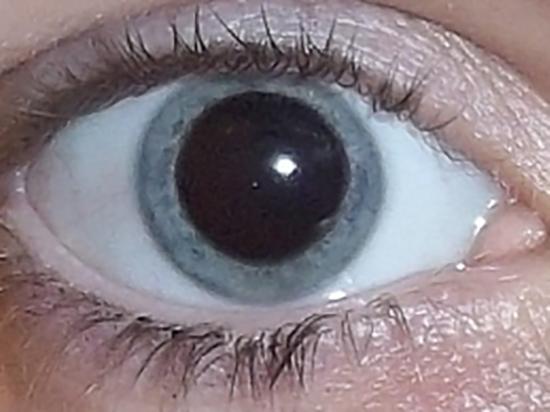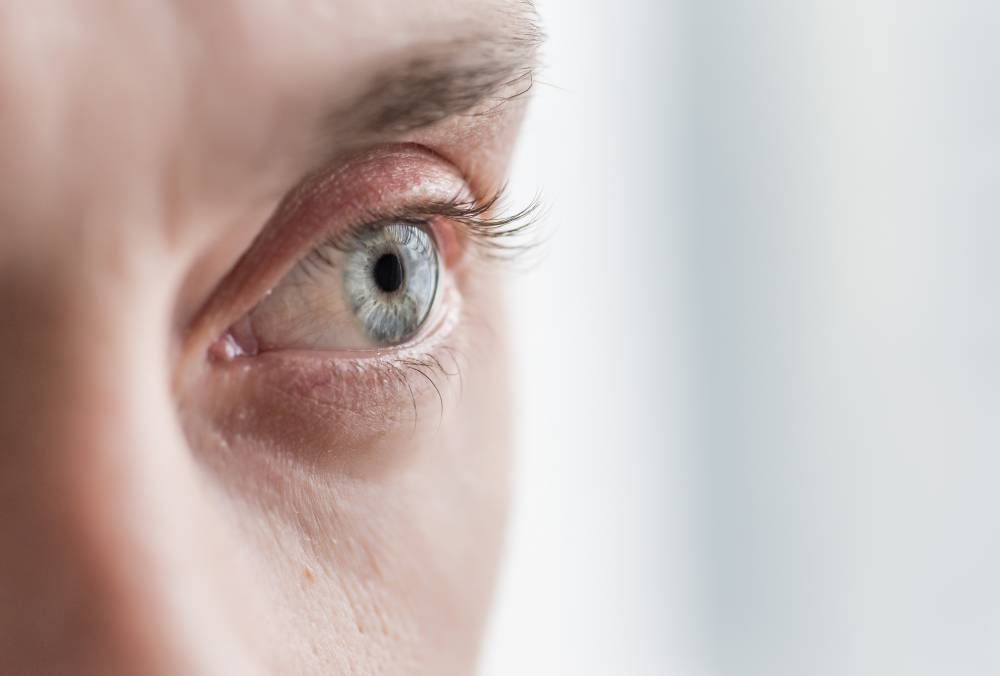
Alternately, sunglasses with polarized lenses will reduce the glare from bright lights.Ĭustom prosthetic lenses can reduce the sensitivity to light caused by dilated pupils. While there are medications and treatments to address this problem, these patients can also use eyeglasses with photochromic lenses, which automatically darken in bright light conditions to protect the eyes from too much light. People who have dilated pupils will be more sensitive to sunlight (or bright lights in general), since their pupils cannot constrict to protect the eyes from exposure to too much light. If treatment is not received, these can become long-term problems. This can cause a number of undesirable effects, including pain in the eyes, vision problems, headaches, dizziness, confusion, and difficulty balancing and coordinating movement. When the dilation is caused by drugs, alcohol, an injury to the eye or head, or another condition that requires medical assistance, the pupils may not return to their undilated state. It will likely pass when the external stimulus is no longer in the picture. In many cases, pupil dilation is a natural response to poor lighting conditions, fear or shock, or interest (sexual or otherwise).

After the drops I found that I could just about focus in the distance if I had my gasses on and concentrated. I wear glasses for short-sightedness and usually wear them all the time, even for reading. I had it done in the hospital where I work and as there were a couple of things I wanted to finish off, I went back to work after. I had it done a couple of months ago and I felt something similar. For instance, after typing at this computer and looking at the screen for several minutes, if I were to move my eyes off to the side, I’d feel the little burst. It was sort of little bursts of dizziness when I moved my eyes or my head in one direction or another after having been looking in only one direction for a while. For you there must’ve been a specific therapeutic reason for using Atropine.īut then afterwards, persisting to this moment, in fact, I had this odd sensation. But I should’ve said “no longer used for routine eye exams.” That’s not your case. “Recent” in my case is the past 20 years. Probably wouldn’t have changed my outcome any, so just curious.

So I’m wondering when they quit using Atropine. I’m sure that’ll work.:rolleyes: My eyes are somewhat more light sensitive, but I can deal. I’m told if I get stopped by the cops, I’m supposed to tell them to call my ophthalmologist so they don’t think I’m baked. (My memory is a little misty, but it was often enough to keep my pupils constantly dilated.) By the time they’d done another transplant, a few months later, my pupils were “blown,” that is, in a state of permanent partial dilation. Without going into lots of details, docs had me putting in Atropine drops 2 or 3 times a day. Rowrrbazzle, how recently are we talkin’ 'bout here? In 1994, I fought a losing battle against rejection of a corneal transplant. Decades later, the more recent times I’ve had my pupils dilated I had to wear sunglasses afterwards, but I could focus fine.

I thought Atropine was no longer used because it paralyzes the muscles used to focus, which is what I experienced when I was very young.


 0 kommentar(er)
0 kommentar(er)
